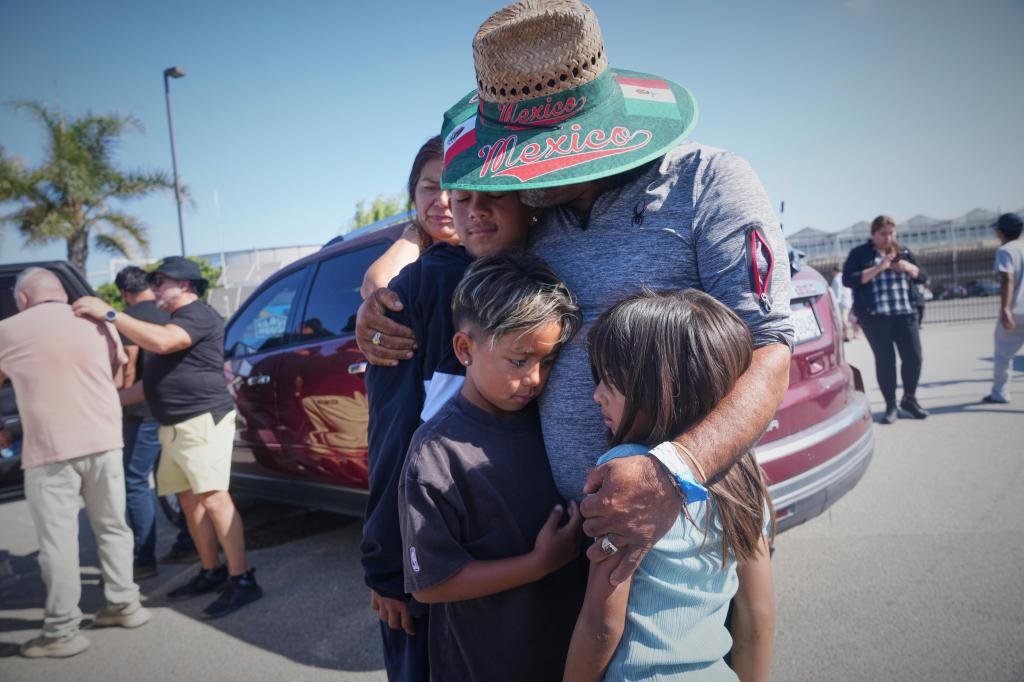Tragic Incident at ICE Raid Highlights Farmworker Vulnerability in California
The recent incident at a California cannabis facility has drawn national attention following the tragic death of Jaime Alanis, a 57-year-old farmworker who succumbed to injuries sustained during a chaotic ICE raid. This event marks a somber moment in the ongoing immigration enforcement efforts under the Trump administration, where Alanis is noted as the first person to die as a result of these operations. His family is grappling with the loss of the primary provider who dedicated a decade of service to the farm, sending his earnings to support his wife and daughter back in Mexico. The incident raises critical questions about the treatment and safety of immigrant workers in the agricultural sector.
Yesenia Duran, Alanis’ niece, confirmed his passing, emphasizing the significant role he played in his family. The United Farm Workers (UFW) union, though not representing the workers at the facility, condemned the federal government’s actions that they describe as violent and terrorizing. Alanis was injured when he fell approximately 30 feet from the roof of a greenhouse, an act of desperation triggered by the sudden onset of the raid. His death highlights the risks associated with such immigration enforcement practices, especially in volatile and high-pressure environments where workers may feel they have no choice but to flee.
The Department of Homeland Security (DHS) conducted the raid at Glass House Farms, a licensed cannabis grower with operations that also include tomatoes and cucumbers. During the operation, DHS arrested around 200 individuals believed to be in the country unlawfully. This raises concerns about family separation and the impact on immigrant communities. The raid also identified at least ten children, underlining the potential vulnerability of families caught up in these enforcement actions.
Despite claims from DHS that Alanis was not being pursued by law enforcement, the circumstances leading to his fatal fall indicate a chaotic environment driven by fear. The aftermath saw four U.S. citizens arrested on allegations of resisting arrest, further escalating tensions. Witnesses reported confrontations between demonstrators and federal agents clad in military gear, leading to a poignant moment of unrest in an otherwise quiet community.
The company operating the farm, Glass House, acknowledged that immigration agents executed valid warrants and stated they are cooperating with the legal rights of detained workers. They also made clear their commitment to lawful hiring practices, refuting allegations of employing minors. This incident raises questions not only about the farm’s hiring policies but also about the broader implications for the agricultural industry, which often relies on immigrant labor.
In summary, Jaime Alanis’ tragic death brings to light the perils faced by farmworkers during immigration raids, amplifying the calls for comprehensive immigration reform. As communities grapple with the consequences of such enforcement actions, there is a growing necessity for open dialogue about worker rights, safety, and the moral implications of current immigration policies. With the UFW and other advocacy groups rallying for change, the hope remains that future raids will not end in tragedy but will instead focus on constructive pathways towards a more humane immigration system.









